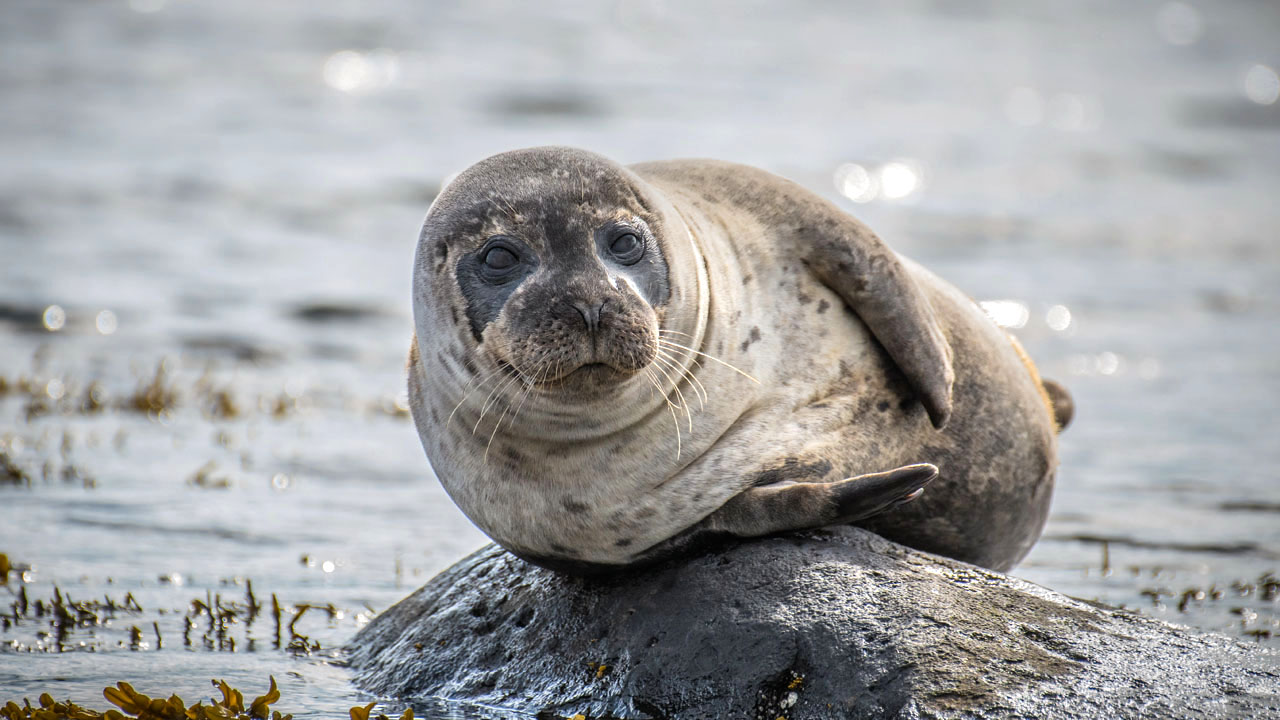Destination Connection

Life may be all about the journey, but travel & tourism is all about the destination. It is about being in a different place, breathing it in, and connecting with it. And that sense of connection is as vital to our efforts to protect and restore nature as it is to the experience of those who visit.
…
Discovering the Disconnect
Unfortunately, making that connection is not as easy as it first appears. In a recent consultation, conducted by ANIMONDIAL on behalf of the Nature Positive Tourism Partnership, the issue of ‘destination disconnect’ was raised several times. Even when business intentions are good, it seems there are difficulties translating this into real improvements for biodiversity on the ground.
Important insights from the Partnership
The consultation itself formed the basis of a new publication by the Partnership, led by the World Travel & Tourism Council, UNWTO and the Sustainable Hospitality Alliance (and co-authored by ANIMONDIAL). Titled ‘A Nature Positive Future for Travel & Tourism’, the report was soft-launched at the UNWTO General Assembly this month, with the full release expected before the end of the year. The consultation, involving 50 experts from business, government, academia and NGOs, underpins the guidance and recommendations, which are supported by a wealth of sector-specific case studies.
Connect to connect
One of the key messages is the need for partnerships of shared purpose. By combining the strengths of businesses, government agencies and civil society, and where relevant, local communities, even the most challenging of obstacles can be overcome. When it comes to connecting with the destination, collaborating with local organisations and communities is a powerful and efficient way to bridge the gap.
Two-way street
Partnering with local groups isn’t just a great way to support their work and achieve nature positive goals, it can also unlock real business benefits. Long-term collaborations can provide opportunities to enhance tourism products and improve local operations, as well being a great source of marketing and PR assets and ESG content. In addition, partnerships with local community groups or NGOs that work in destinations can provide a lifeline of reliable information and data to help businesses report on impact and keep track of what is happening on the ground. For example, through partnering with a local organisation in the depths of the Indonesian rainforest, a business could invest in their expertise to support species protection and biodiversity restoration, as well as to provide regular monitoring information for KPI tracking and ESG reporting.
Tried and tested
Working with local organisations isn’t a new or radical idea – several progressive companies are already doing it. Iberostar, for instance, works with the University of Las Palmas de Gran Canaria to promote sustainable fisheries practice in the Canary Islands, and also with the Mediterranean Institute for Advanced Studies to study and protect seagrass meadows. Meanwhile, Intrepid Travel (through the Intrepid Foundation) supports the restoration and protection of coastal and wetland ecosystems in Victoria through the Blue Carbon Lab and, on one site, working with the Wadawurrung Traditional Owners Aboriginal Corporation. The Maldives is a hotspot for these kinds of partnerships, with InterContinental Maldives Maamunagau Resort protecting and preserving the local lagoon through collaboration with the Manta Trust and Maldivian Manta Ray Project, Four Seasons Resorts collaborating with Reefscapers to restore coral reefs around two islands, and Six Senses Laamu leading the Maldives Underwater Initiative, involving the Manta Trust, Olive Ridley Project and Blue Marine Foundation. The Rhodes Co-Lab is a particularly ambitious effort, involving a collaboration between TUI Group, the local travel industry and the Municipality of Rhodes local government. (These case studies and many more are included in the forthcoming Nature Positive Future for Travel & Tourism report.)
Finding your community
There are more and more ways to ensure a strong connection with communities in your destinations. Our partners at Tourism Cares recently launched an online Meaningful Travel Map which shows the location of responsible and community-connected tourism suppliers around the world. And just this month the Wildlife Heritage Areas initiative announced its first sites, where local people who recognise their natural heritage with a deep sense of pride welcome tourism that benefits nature and their community.
Making it work for you…
So, now you can see the benefits of working with a local partner, how do you go about finding one? Don’t worry – we’ve got you covered! Our Animal Protection Network provides a list of approved animal and nature protection partners in destinations around the world. And if none of these is right for you, our Biodiversity Partnerships service can find local organisations that meet your needs. Just send us a message or book a call to find out more, and we can help your business become a Guardian of Nature.

